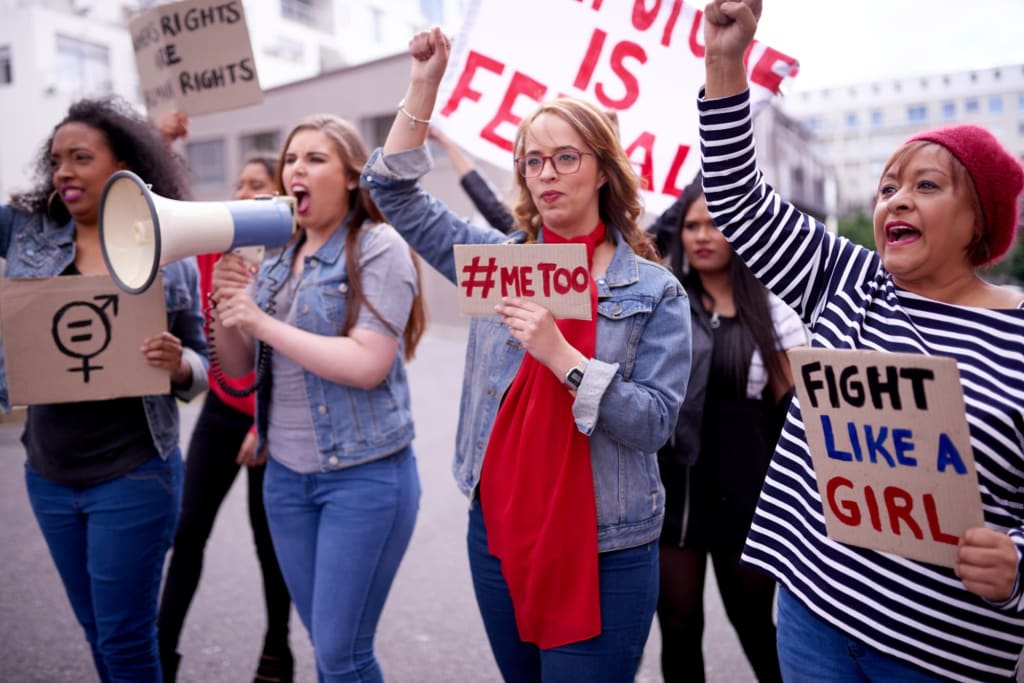The “Me Too” movement has brought to light the pervasive issue of sexual harassment and assault that many women have faced in both the workplace and in their personal lives. While the movement has sparked much-needed conversations about consent and power dynamics, it has also provided a stark reminder of the long and complex history of women’s struggles for equality and respect.
The “Me Too” movement may be a relatively recent phenomenon, gaining momentum in 2017 following allegations of sexual misconduct against film producer Harvey Weinstein. However, the roots of the movement can be traced back to centuries of women speaking out against harassment and abuse. From the suffragettes who fought for the right to vote to the activists who campaigned for reproductive rights and equal pay, women have long been at the forefront of social and political change.
One of the most significant lessons to be drawn from the “Me Too” movement is that women’s experiences have often been silenced and dismissed throughout history. The women who have come forward with their stories of harassment and assault have faced backlash and skepticism, with many being accused of seeking attention or fabricating their claims. This echoes a long-standing pattern of women being disbelieved and marginalized when they speak out against their abusers.
The “Me Too” movement also highlights the ways in which women’s experiences of harassment and assault are shaped by broader systems of power and privilege. Women of color, transgender women, and women from marginalized communities are disproportionately affected by sexual violence, yet their stories are often overlooked in mainstream discussions of the movement. This underscores the importance of intersectionality in understanding and addressing the complexities of women’s experiences.
Furthermore, the “Me Too” movement serves as a reminder of the ongoing need for feminist activism and solidarity. Women coming together to share their stories and demand accountability from perpetrators and institutions has been a powerful force for change. By amplifying the voices of survivors and advocating for cultural and systemic change, the movement has shown the importance of collective action in fighting against gender-based violence.
In conclusion, the “Me Too” movement teaches us valuable lessons about women’s history and the ongoing struggle for gender equality. It reminds us of the resilience and strength of women who have fought for their rights throughout history, as well as the importance of listening to and believing survivors of sexual violence. By continuing to work towards a more inclusive and equitable society, we can honor the legacy of those who have come before us and create a more just future for all.
